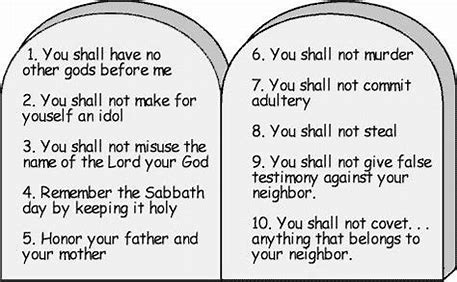Minorities Intro
Those who feel like a minority - tend to withdraw from the 'majority-class'.
There are many types of minorities in America.People can be divided into so many subgroups.
Look at this group of coins.
If you were instructed to sort these coins into majority/minority coins, how would you do it?
- by the number of coins in each denomination?
- by the total value of each denomination?
- by the age of individual coins?
- by the metal market-value value of the coins?
- by the collector's market-value of each coin?
Which is the most valuable coin here?
Well, if you traveled long distance by bus in the 1960s, the dimes might be the most valuable,
because bus stations had pay toilets that required a dime to unlock. Under that condition,
a dime in the hand is worth more than an old silver dollar you can't find change for.
(I remember needing a dime in a bus station)
These same sorting issues apply to humans. We sort by:
- male or female
- shade of color
- diseases or genetic afflictions that make a person a minority
- income. Though the wealthy are the minority, they still seem like the majority, eh?
- crime victims and crime perpetrators
- level of education
- lack of a parent - which draws so many young people into woe
- judicial woes, either as guilty or while being absolutely innocent
- environmental disasters, such as Mt. Vesuvius.
That minority of people from Pompeii, way back in 79 AD - they are still remembered.
In this section we want to look at various facets of minority life.
More below...


3 things...
Concerning people-groups, there are three things I believe,
and I believe Jesus will confirm these things, when He and I meet face-to-face.
1) All people-groups have unique difficulties that no one else can really understand.
2) Every people-group, because of the challenges they've endured,
1) All people-groups have unique difficulties that no one else can really understand.
2) Every people-group, because of the challenges they've endured,
have developed coping devices to get by, but some of these coping devices are flawed.
While they are often blind to these flaws, others can plainly see the flaws.
3) God has behavioral standards that everyone must equally comply with,
no matter their history or circumstances. This is one facet of equity and equality.
Remember, the 10 Commandments and the very demanding 'Levitical Law'?
They were specifically written for a huge group of newly freed slaves, the Israelites.
3) God has behavioral standards that everyone must equally comply with,
no matter their history or circumstances. This is one facet of equity and equality.
Remember, the 10 Commandments and the very demanding 'Levitical Law'?
They were specifically written for a huge group of newly freed slaves, the Israelites.
There were specific punishments for breaking the rules, sometimes death.
This tells us that God's has equitable standards for everyone.
This tells us that God's has equitable standards for everyone.
One great lesson taught quietly in Leviticus - is that victimization does not create salvation.
We each have flaws, faults and selfishness that need to be forgiven by God,
in spite of what may have happened TO us.
SO... the abuses we have endured - does not punch our ticket to Heaven.